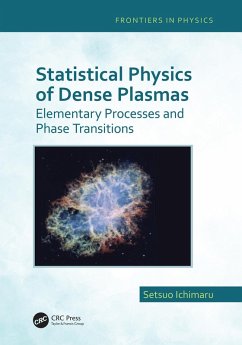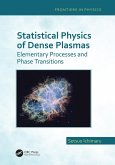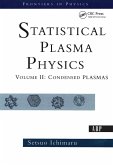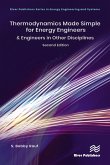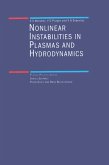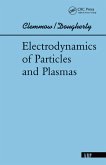This timely book gives a complete overview on the statistical mechanics and electrodynamics elucidating the physical processes in dense plasma systems. The author emphasizes laboratory-based experiments, especially those using laser instrumentation and 4th generation sources that enable direct testing of theory and models.
Dieser Download kann aus rechtlichen Gründen nur mit Rechnungsadresse in A, B, BG, CY, CZ, D, DK, EW, E, FIN, F, GR, HR, H, IRL, I, LT, L, LR, M, NL, PL, P, R, S, SLO, SK ausgeliefert werden.
Hinweis: Dieser Artikel kann nur an eine deutsche Lieferadresse ausgeliefert werden.

